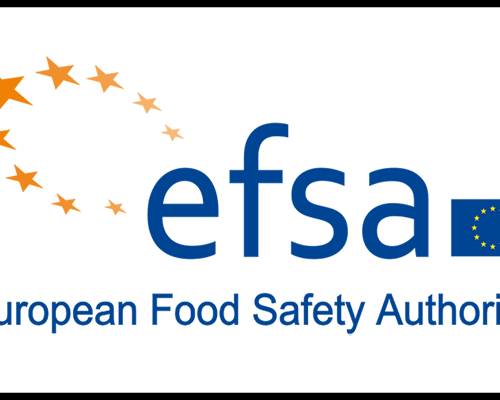
The 23rd International Nutrition Congress of the International Union of Nutrition Sciences (IUNS) was held in Paris from August 24 to 29, 2025. It was organized with the support of the French Nutrition Society (SFN) and the French Nutrition Federation, with the main theme of Sustainable Nutrition for Global Health. The fundamental, clinical, epidemiological, and social aspects of nutrition were addressed during symposia, lectures, oral presentations, and e-posters. Associations from different continents were represented and organized specific symposia.

Following an exploration of potential regulatory pathways for cannabidiol (CBD) products by an internal Food and Drug Administration (FDA) working group, the FDA concluded on January 26, 2023, that a new regulatory pathway for CBD is needed to provide the regulatory oversight necessary to manage risk. The Agency is prepared to work with Congress on this issue.

The EFSA’s Scientific Committee has assessed the exposure to copper from all dietary and non-dietary sources for the first time for this substance. He has concluded that the combined exposure to copper from all sources does not pose health concerns for the EU population.

Vitamin D3, or cholecalciferol, is essential for the proper functioning of our body and plays a decisive role in the quality of bone tissue. It is provided by food (dairy products, fish, eggs) and is produced by skin exposed to the sun. However, more than 1 in 3 French people fail to meet their physiological vitamin D3 needs, which is a major public health concern. Indeed, a vitamin D3 deficiency exposes people to known risks for human health, in particular during periods of growth. Pediatric societies recommend routine vitamin D supplementation for children to prevent rickets and for the elderly to avoid osteoporosis.

Conformément à l’article 31 du règlement (CE) n° 178/2002, la Commission européenne a demandé à l’EFSA d’évaluer si les données de deux nouvelles publications scientifiques présentées par la Société italienne de toxicologie étaient suffisantes pour réviser leurs conclusions sur la sécurité des dérivés d’hydroxyanthracène dans les aliments.

The EFSA published on May 2022 an article related to the project “Microbiota analysis for risk assessment: evaluation of hazardous dietary substances and its potential role on the gut microbiome variability and dysbiosis in a special issue dedicated to the European Food Risk assessment (EU-FOR A) program.

The list of micro-organisms was updated with 47 biological agents, received between October 2018 and March 2019 (published on July 15, 2019).

The EFSA published online their European Union report on pesticides in 2017. They decided to use a new open-access online tool for

During March of 2018, a scientific opinion on the safety of green tea catechins has been adopted by the EFSA panel of